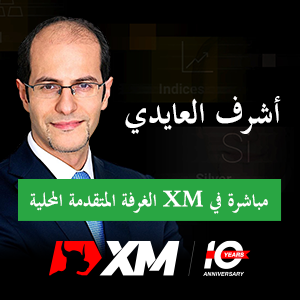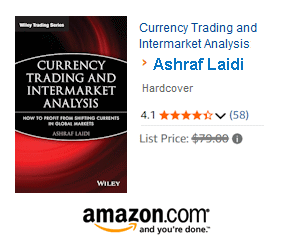Jitters Growing on QE2 Fate; Onto BoK Decision
Sentiment bounced back on Thursday but the forex market was a mixed bag with GBP lagging, the dollar generally softer, CHF strong and the kiwi dollar as the top performer. We take a look at how the Feds exit from QE2 will affect markets after a weak US bond auction today. The lone event in the Asia-Pacific session is an interest rate decision from South Koreas central bank.
Heading into New York trading the focus was on US retail sales but the report failed to drive a meaningful reaction. Sales grew 0.5% in April compared to the 0.6% but the March figures were revised significantly higher to +0.9% from +0.4%. The spike in gas prices drove a significant part of the gains. Excluding autos and gas, sales rose 0.2% compared to the +0.5% consensus.
For an indepth look at the EURUSD levels and other trading ideas, see todays Premium Piece: http://bit.ly/jFXzMZ
Market moves were relatively small on Thursday but volatility has picked up over the past two weeks. There are a number of reasons for the indecision in markets but a chief one is uncertainty about how markets will respond when the Fed stops buying securities in June. The jitters were evident today in weak a $16 billion, 30-year Treasury bond sale. The market was expecting a yield of 4.35% but the issue sold at 4.38%. A three basis point miss in a bond auction is significant and it caused a spike in US yields that briefly sent USD/JPY 10 pips higher.
Many market participants are positioning for yields to continue rising, including Bond King Bill Gross who is holding a huge short position in US Treasuries. The point of QE2 has been to keep yields artificially low, allowing consumers and corporations to borrow at rates lower than they otherwise would be. Still, the market is divided on how yields will react to the end of the program. Some think that it will cause a spike in risk aversion which will cause stocks and yields to fall.
A large factor will be the FEDs EXIT STRATEGY. At the moment, there is not clarity but the market will press for answers in the coming six weeks. In a speech Thursday, the Feds Plosser (voter, hawk) conceded that nothing has been decided. Some exit strategies would start with raising interest rates; some would begin by shrinking the balance sheet; others would do both, he said. There is also the prospect of PASSIVE EASING, which we discussed in this website, taking the form of continuous reinvesting of principal payments from maturing bonds with the aim of keeping the balance sheet intact WITHOUT actual outright purchases of new bonds.
In the past, it appeared the Fed was waiting for more clarity about the path of growth and inflation before making any decisions. That clarity hasnt emerged and now the Fed has the enormous responsibility of forming policy with internal divisions about inflation and growth threats. For now, the key takeaway is that volatility will remain elevated until the Fed takes some leadership.
The upcoming session features THE BANK OF KOREAS INTERST RATE DECISION at 0100 GMT. The central bank is expected to hike the main rate to 3.25% from 3.00% as it continues alternating months of holds and hikes. The KRW has been softening on speculation that the BOK may soon head to the sidelines but this sentiment may be misplaced. If policymakers are hawkish, it will not only boost KRW, it could also hurt AUD and NZD similarly to the Chinese CPI figures from earlier this week. KRW is the second best performing currency against the USD (after Indonesian Rupiah) so far this year.
By AB AshrafLaidi.co Staff
Latest IMTs
-
Gold, Iran & Oil
by Ashraf Laidi | Feb 19, 2026 16:40
-
Trade Already in Profit
by Ashraf Laidi | Feb 17, 2026 18:16
-
I will go LIVE in 10 mins
by Ashraf Laidi | Feb 16, 2026 21:49
-
3 Stocks Against Nasdaq
by Ashraf Laidi | Feb 13, 2026 17:46
-
Revisiting Gold Bugs Ratio
by Ashraf Laidi | Feb 13, 2026 11:10








